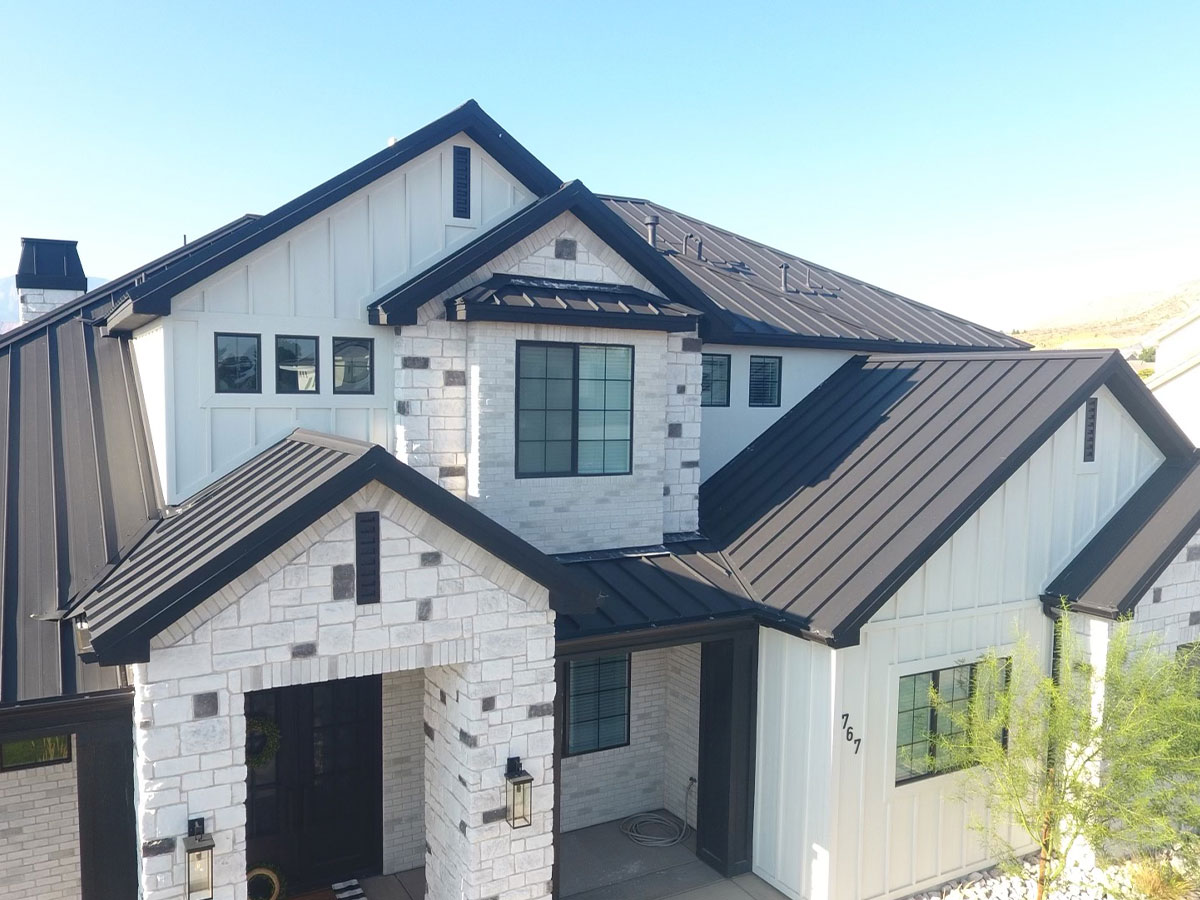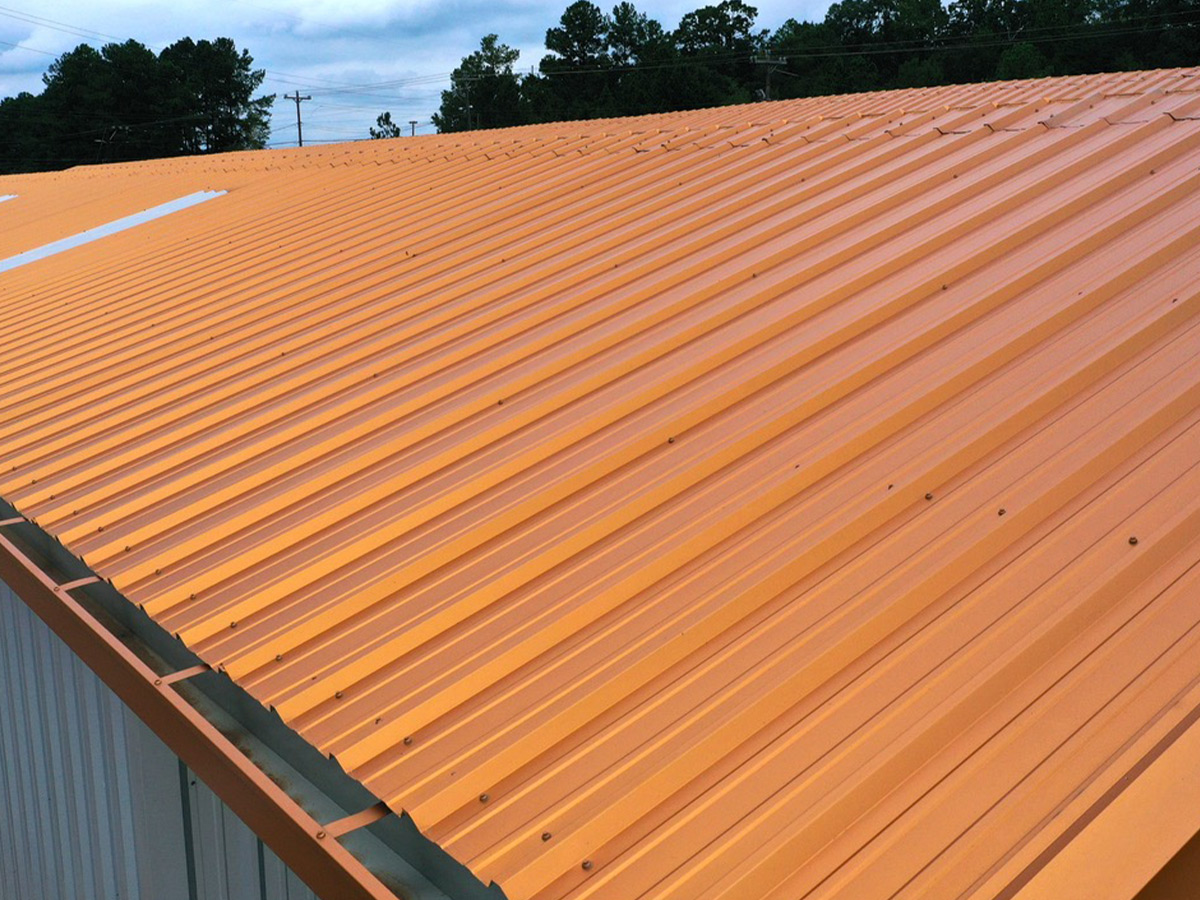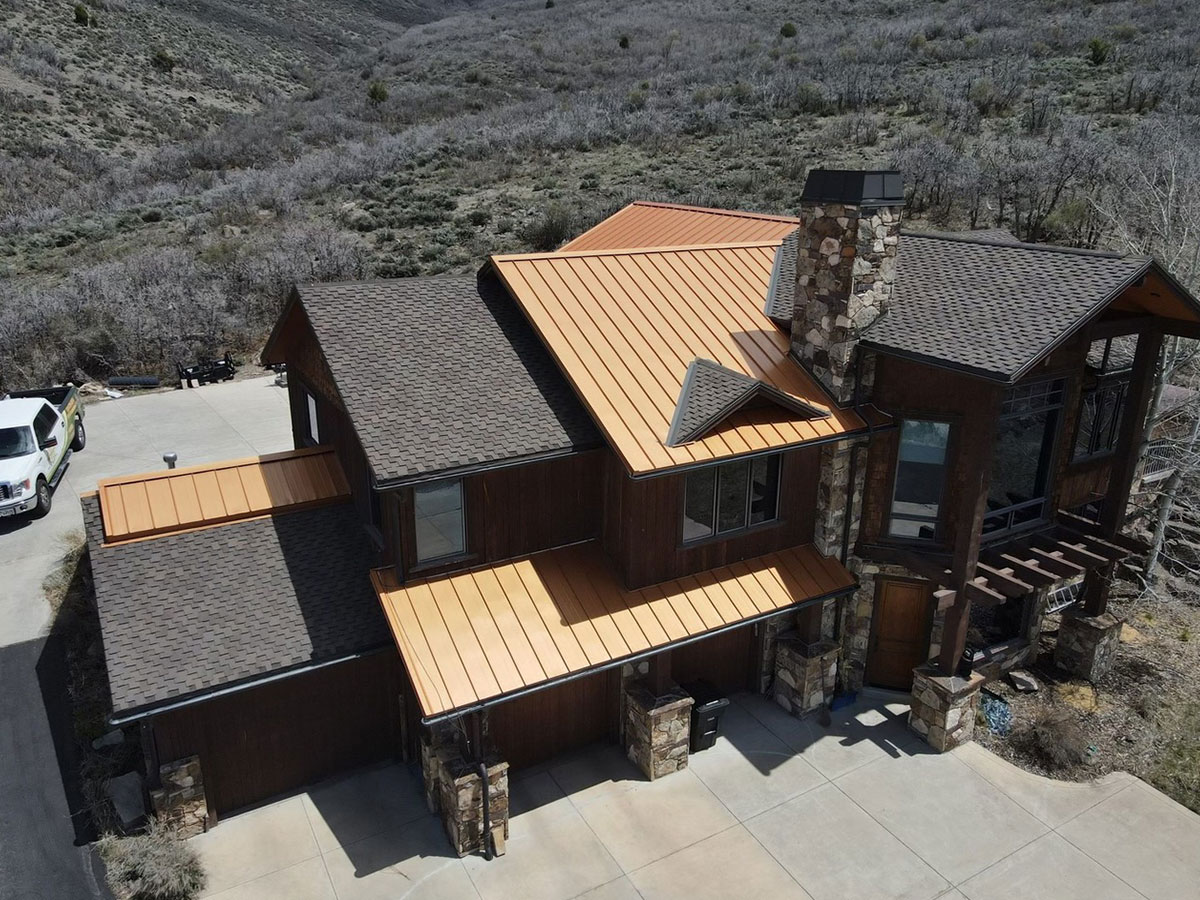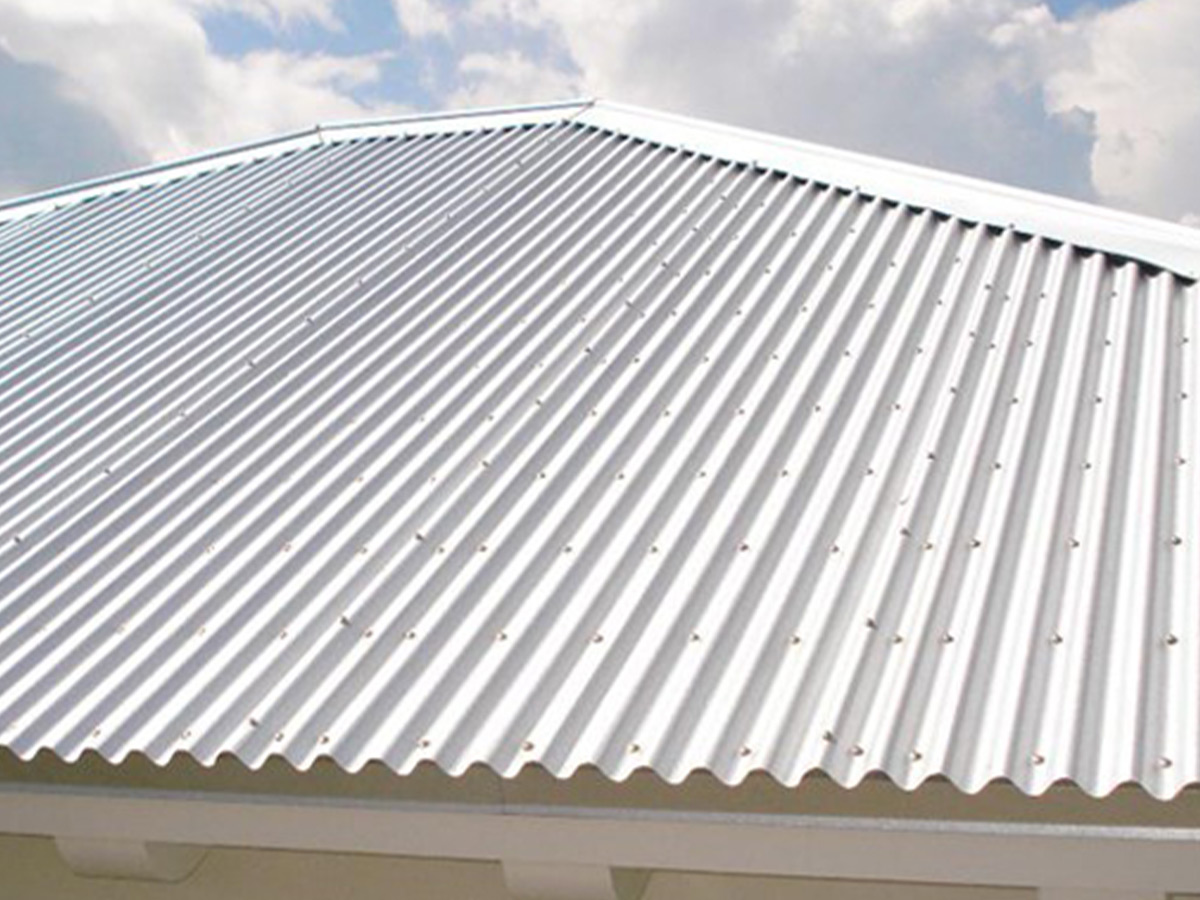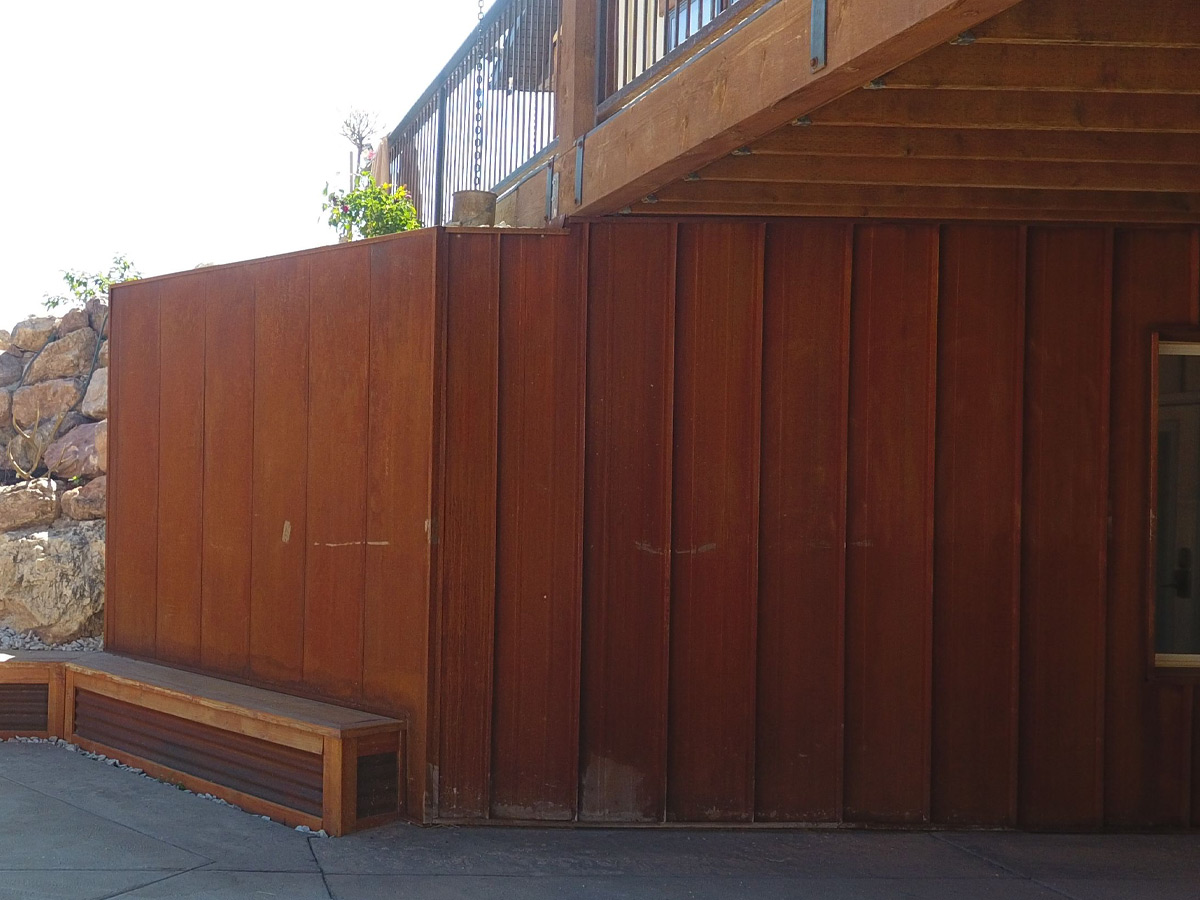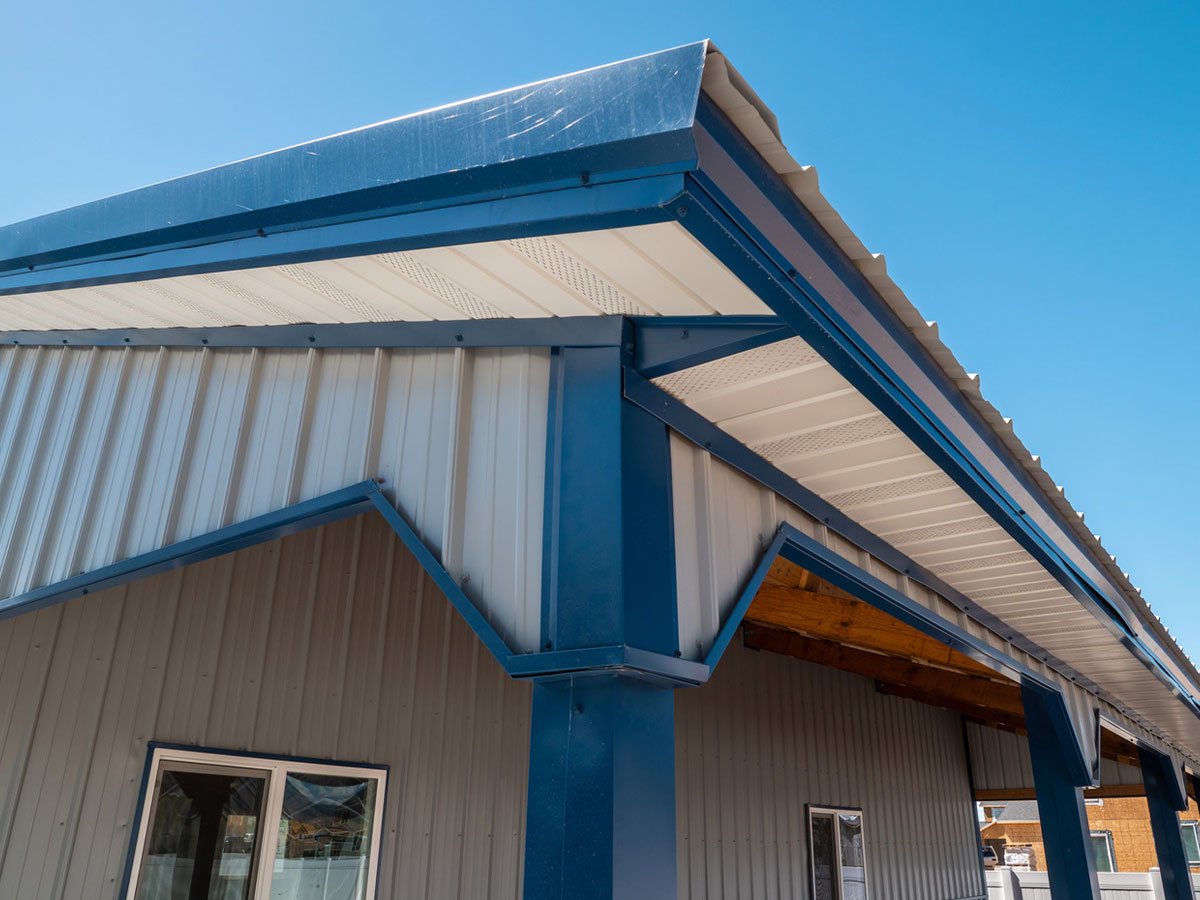Quality Metal Roofing Supply
Open To The Public
We offer a large selection of metal roofing colors, and metal types and trim profiles to match your unique style. We also offer a variety of accessories to complete your metal roofing system, including flashing, ridge caps, drip edge, and trim.

Tuff Rib
Tuff-rib, aka “classic rib”, is the most affordable metal roofing option with an exposed fastener system. Providing 36” of coverage, panels can be cut to length and available in 29-gauge in all colors. Originally designed for agricultural buildings, Tuff-rib is what moved the metal industry into modern-day homes. This style provides a unique, sleek and long-lasting finish to your home.
R Panel
With exposed fasteners, the PBR panel is ideal for DIYers and quick applications. It’s easier to install than other types of metal panels and makes the perfect choice for those wanting to install themselves.
Standing Seam
Standing seam panels can give your home an amazing modern look coupled with spectacular durability. A standing seam metal roof is the ideal system for anyone looking for a lower maintenance look. The biggest draw for this product is the hidden fastener. This feature provides peace of mind for many years as you do not need to worry about washers eroding away from weather allowing for less maintenance through the years.
Corrugated Panels
The corrugated style is the ‘original’ metal look. It is what most people think of when thinking of metal on an outdoor structure. Corrugated metal provides a timeless look and is now available in many colors. While the classic bare metal, made to rust, is still an option, many home and business owners love the traditional look in a new color that matches their home.
Wall Panel
Wall panels are a versatile item. Flat wall panels are exterior or interior panel systems that create a flush appearance along the surface of the panel. These panels can range in shape and size and are often used in both interior and exterior applications.
Soffit Panel
Soffit is an exterior or interior architectural feature, generally on the underside of any construction element. Soffit provides weather protection and a finished look to any structure.
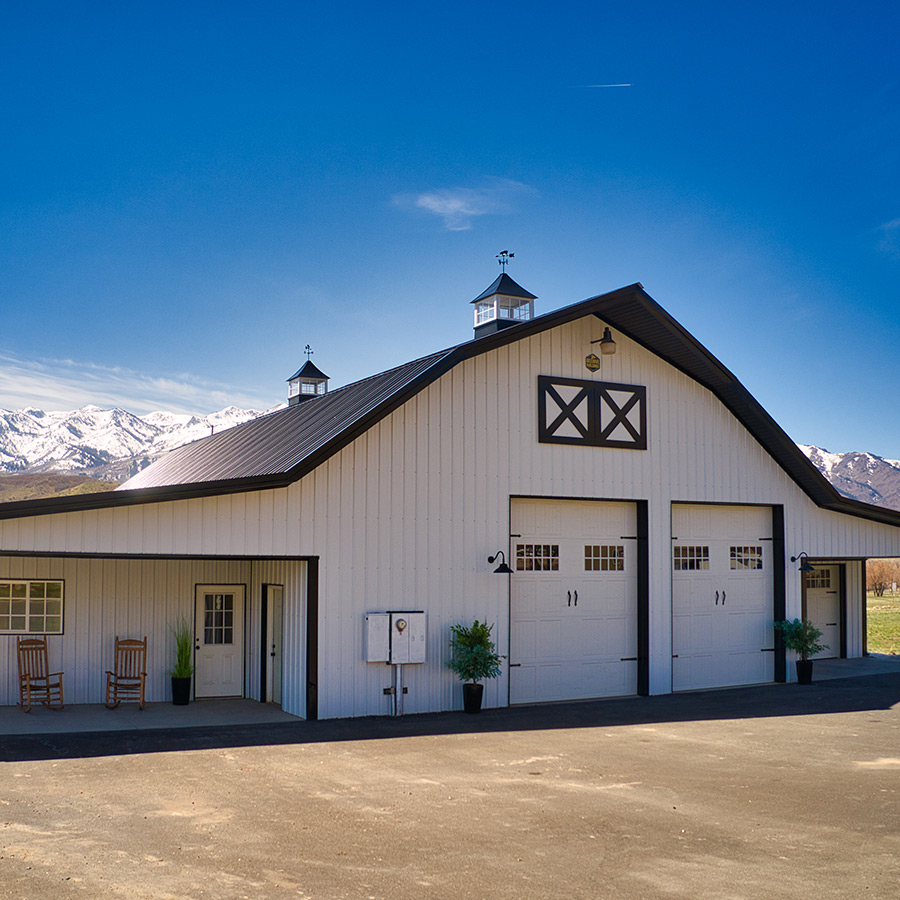
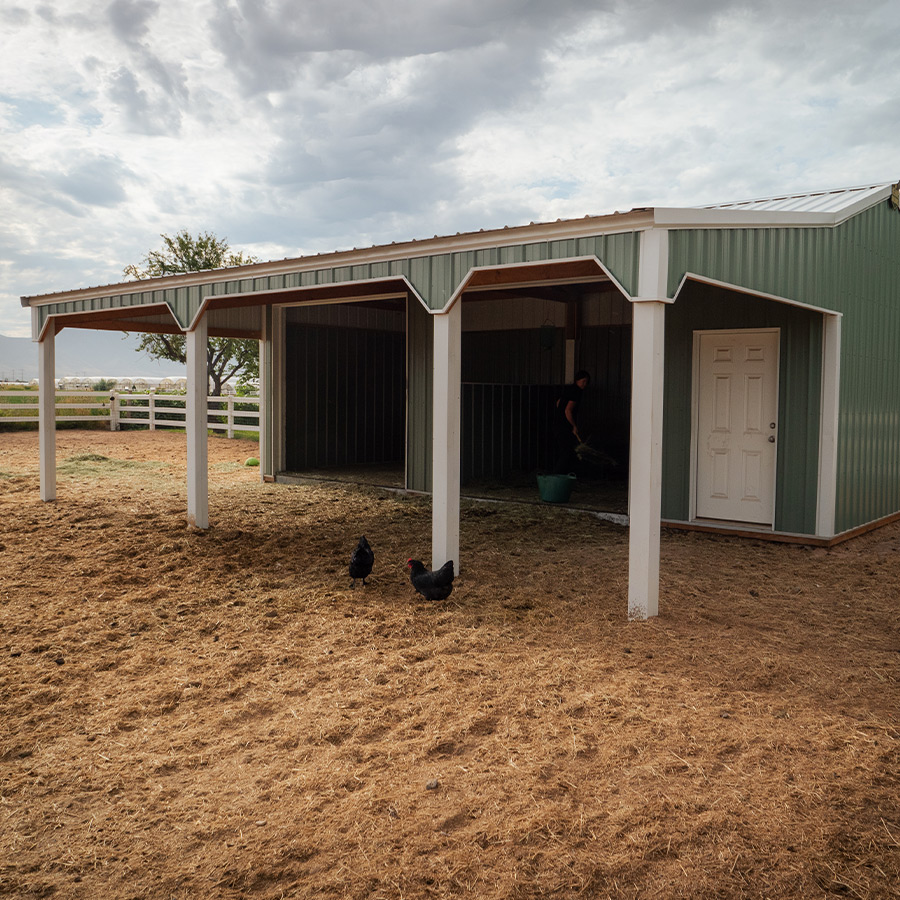
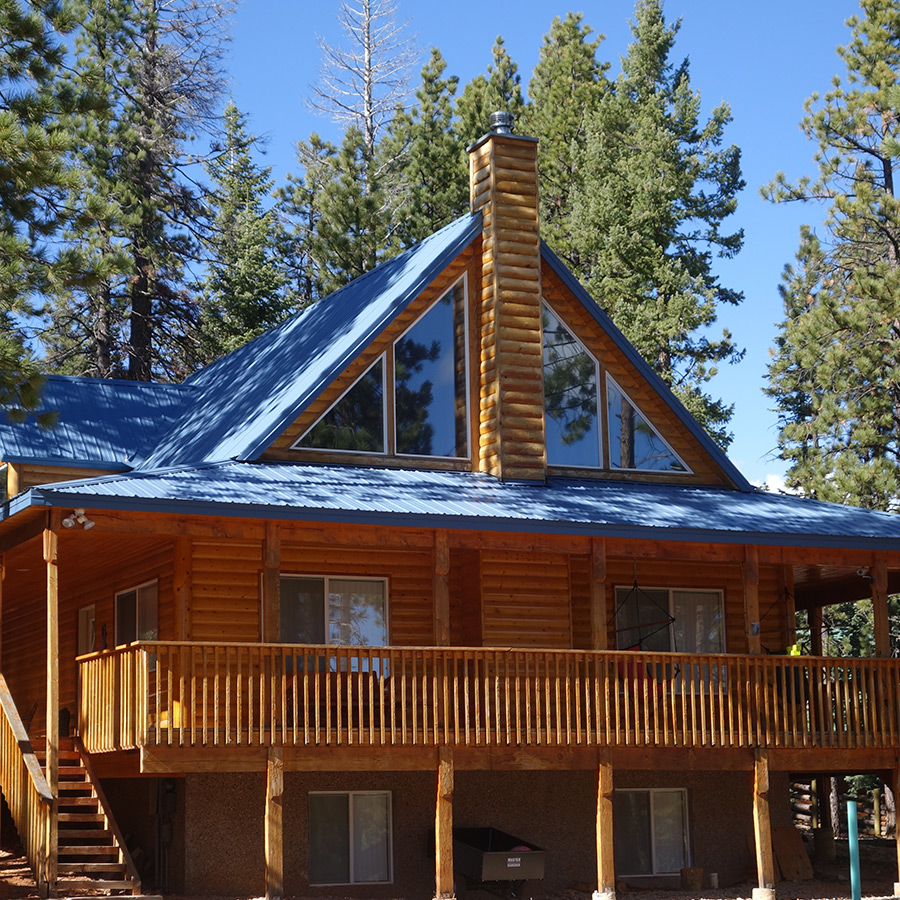
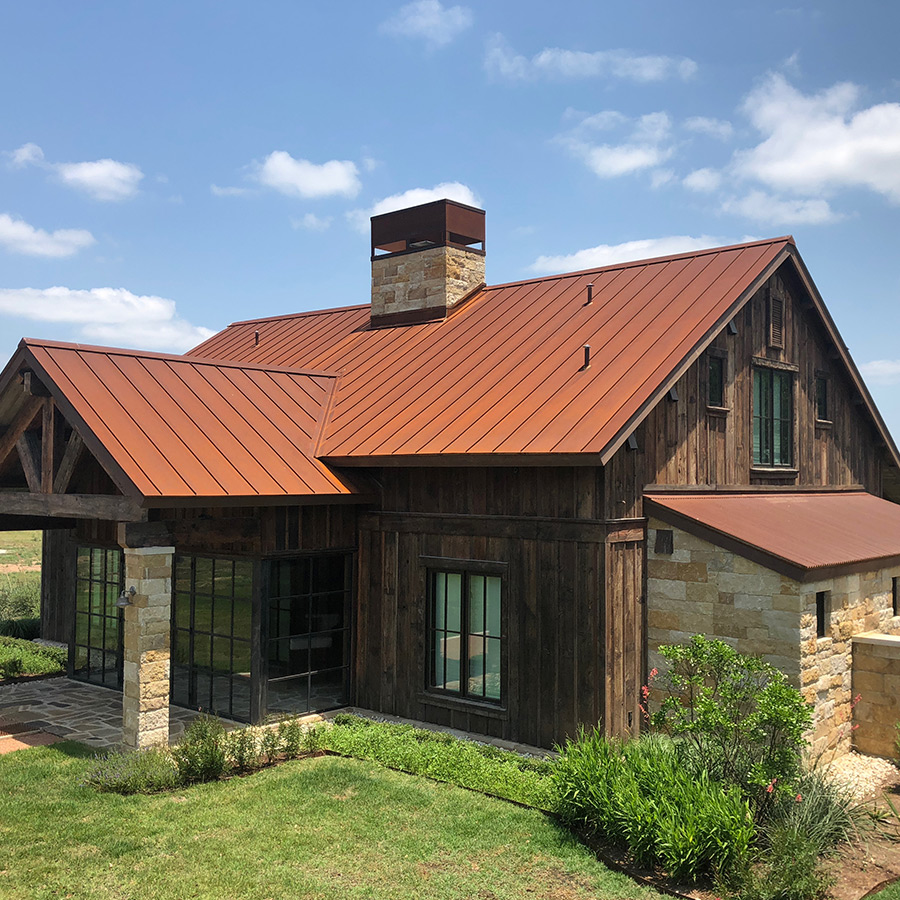
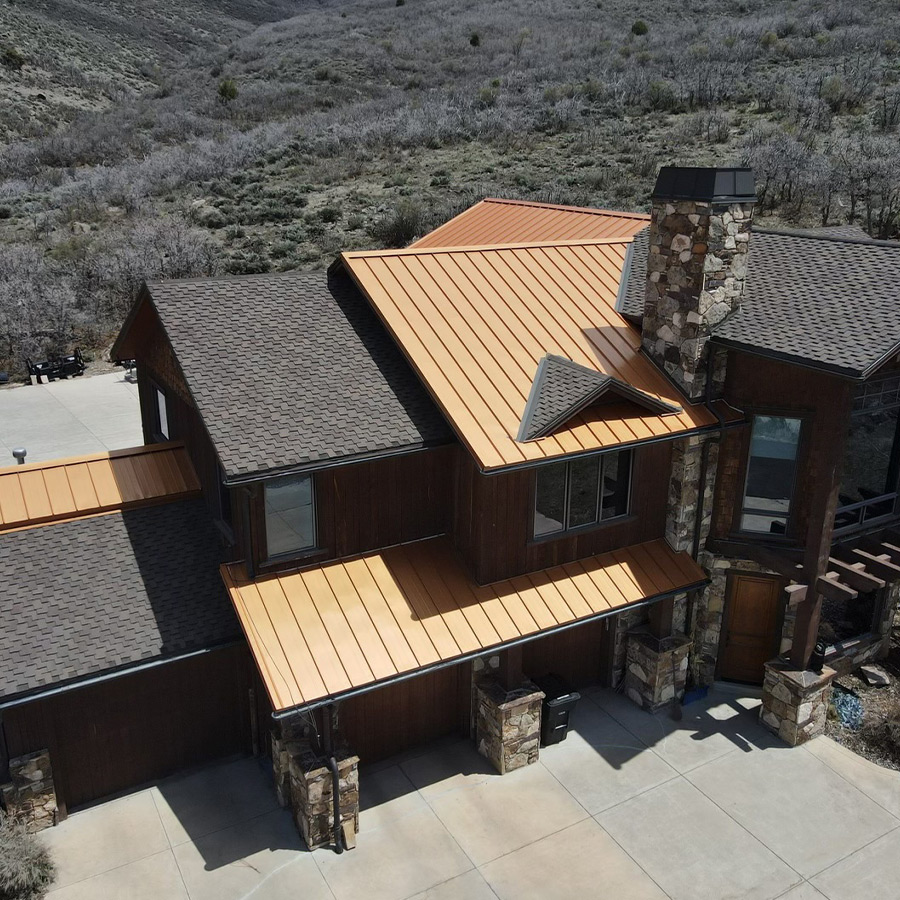

Manufacturer Direct Pricing

Open to The Public

Ontime Production Guarantee

Delivery Services Available
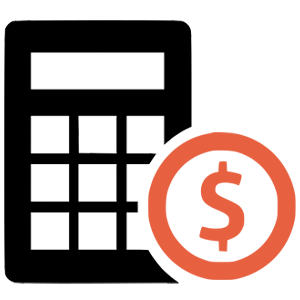
Fast Free Estimates

Quality American Made Materials
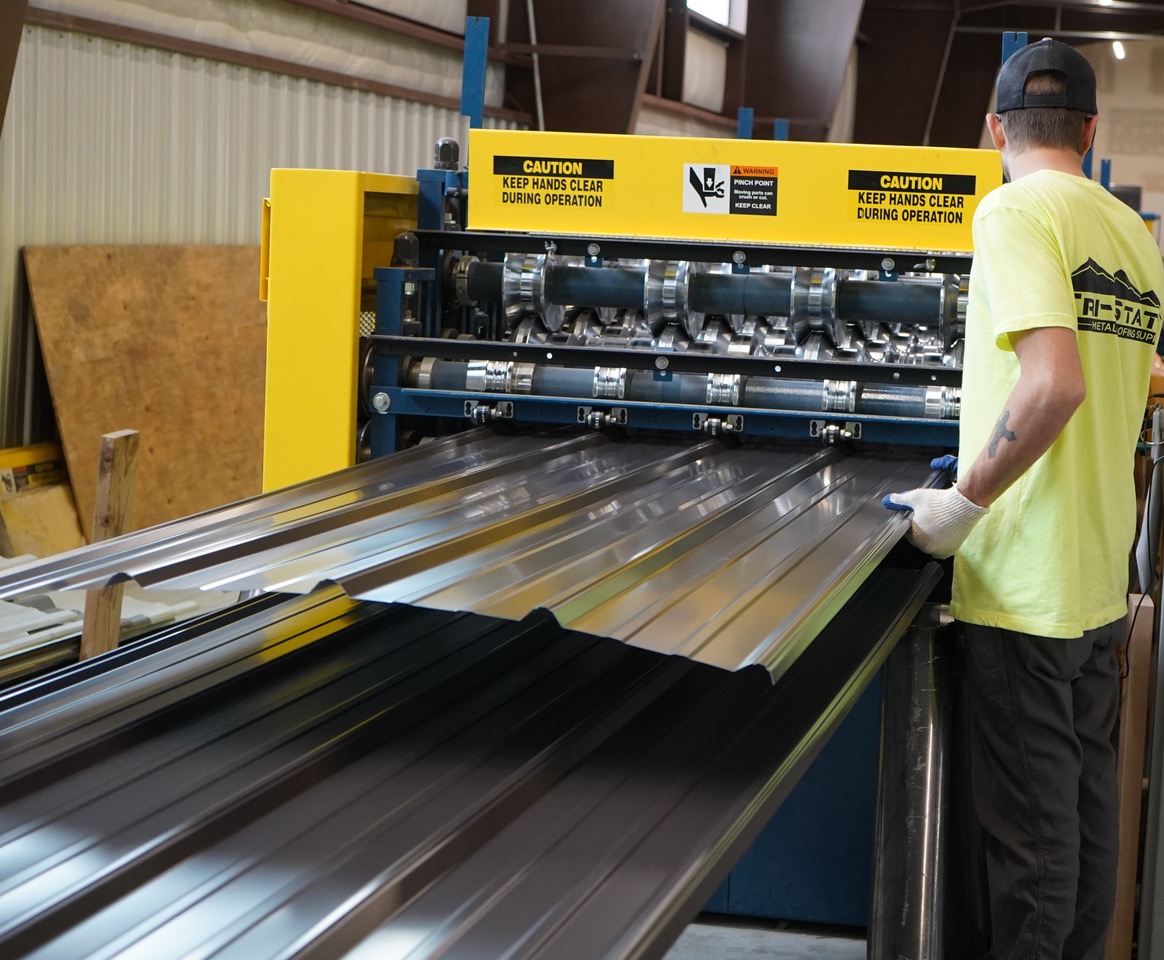
100% American Made Steel Roofing Supplies
Our Clients Love Us
Locations
Ogden, Utah
- 770 W River Park Dr.
Riverdale UT 84405 - Phone: 801-689-0989
- riverdalesales@tsmetalsupply.com
Payson, Utah
- 1688 West American Way
Payson, UT 84651 - Phone: 385-297-7663
- paysonsales@tsmetalsupply.com
St. George, Utah
- 3113 E. Deseret Drive
St. George, UT 84790 - Phone: 435-627-1829
- stgsales@tsmetalsupply.com

